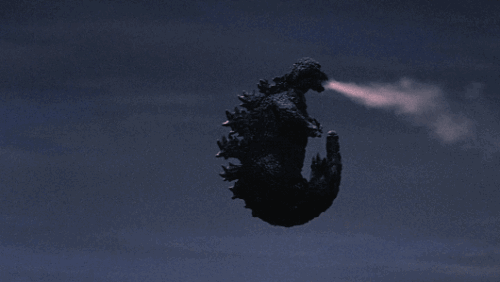The Soviet–Afghan War was a conflict wherein insurgent groups (known collectively as the Mujahideen), as well as smaller Maoist groups, fought a nine-year guerrilla war against the Soviet Army and the Democratic Republic of Afghanistan government throughout the 1980s, mostly in the Afghan countryside. The Mujahideen were variously backed primarily by the United States, Pakistan, Iran, Saudi Arabia, China, and the United Kingdom; the conflict was a Cold War-era proxy war.
Between 562,000 and 2,000,000 civilians were killed and millions of Afghans fled the country as refugees,mostly to Pakistan and Iran. The war caused grave destruction in Afghanistan and is believed to have contributed to the Soviet collapse, in hindsight leaving a mixed legacy to people in both territories.
The foundations of the conflict were laid by the Saur Revolution, a 1978 coup wherein Afghanistan's communist party took power, initiating a series of radical modernization and land reforms throughout the country. These reforms were deeply unpopular among the more traditional rural population and established power structures.
The communist party itself experienced deep internal rivalries between the Khalqists and Parchamites; in September 1979, People's Democratic Party General Secretary Nur Mohammad Taraki was assassinated under orders of the second-in-command, Hafizullah Amin, which soured relations with the Soviet Union.
Many Afghans held Amin responsible for the regime's harshest measures, such as ordering thousands of executions. Thousands of people disappeared without trace during his time in office. Eventually the Soviet government, under leader Leonid Brezhnev, decided to deploy the 40th Army across the border on December 24, 1979.
Arriving in the capital Kabul, they staged a coup (Operation Storm-333), killing General Secretary Amin and installing Soviet loyalist Babrak Karmal from the rival faction Parcham.
The Soviets initially planned to secure towns and roads, stabilize the government under new leader Karmal, and withdraw within six months or a year. But they were met with fierce resistance from the guerillas and had difficulties on the harsh cold Afghan terrain, resulting in them being stuck in a bloody war that lasted nine years.
By the mid-1980s, the Soviet contingent was increased to 108,800 and fighting increased, but the military and diplomatic cost of the war to the USSR was high. By mid-1987 the Soviet Union, now under reformist leader General Secretary Mikhail Gorbachev, announced it would start withdrawing its forces after meetings with the Afghan government.
The final troop withdrawal started on May 15, 1988, and ended on February 15, 1989, leaving the government forces alone in the battle against the insurgents, which continued until 1992, when the former Soviet-backed government collapsed
The State and Revolution :flag-su:
:lenin-shining: :unity: :kropotkin-shining:
The Conquest of Bread
:ancom:
Remember, sort by new you :LIB:
Yesterday’s megathread :sad-boi:
Follow the ChapoChat twitter account :comrade-birdie:
THEORY; it’s good for what ails you (all kinds of tendencies inside!) :RIchard-D-Wolff:
COMMUNITY CALENDAR - AN EXPERIMENT IN PROMOTING USER ORGANIZING EFFORTS :af:
Join the fresh and beautiful batch of new comms:
!finance@hexbear.net :deng-salute:
!agitprop@hexbear.net :allende-rhetoric:
!paganism@hexbear.net :anarchist-occult:
!neurodiverse@hexbear.net :Care-Comrade:


they really should shut the whole state down at 30, people can't handle that shit. nobody has the tires for it, let alone the experience
God damn Abbott and his even more insane Lieutenant Governor are more focused on NBA teams not playing the anthem than providing more Covid relief or even dealing with this storm in an effective way like you said maybe shutting shit down so people don't die.
lol yup but if abbott actually did anything about anything for people, texans themselves would crucify him for it. This is in no way a defence of him, he's merely a product and distillation in human form of dumbass texan thought.